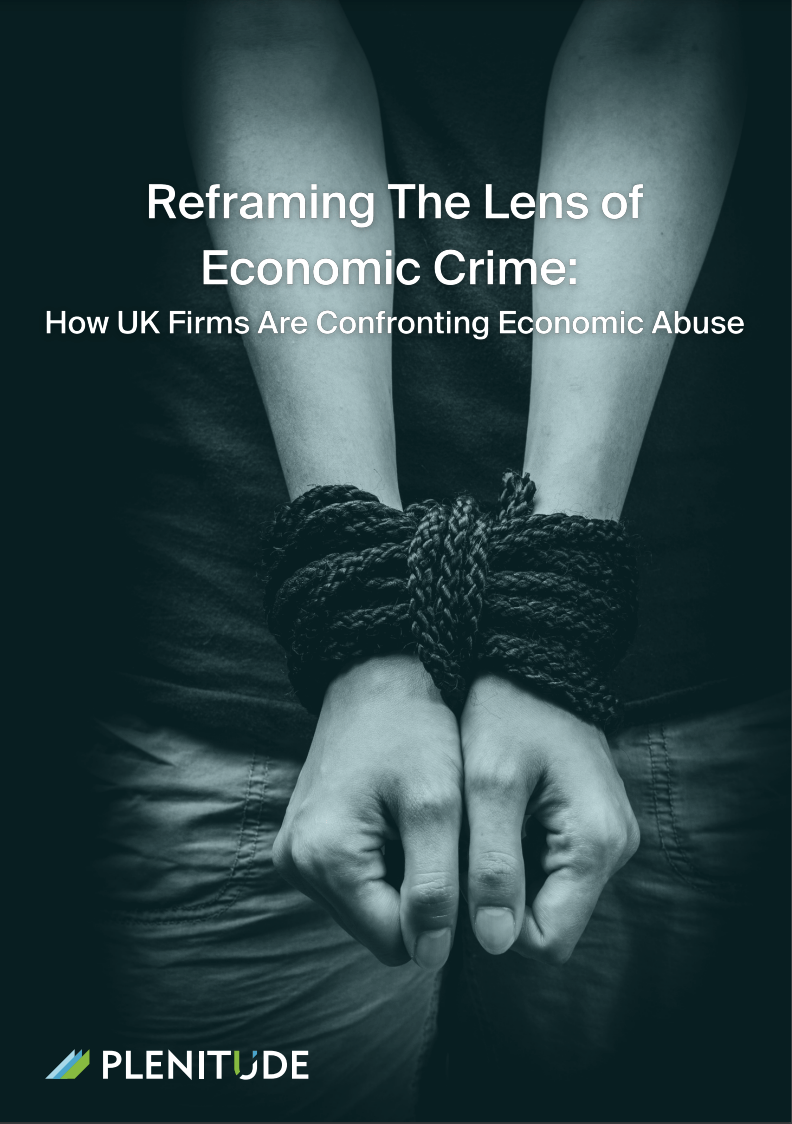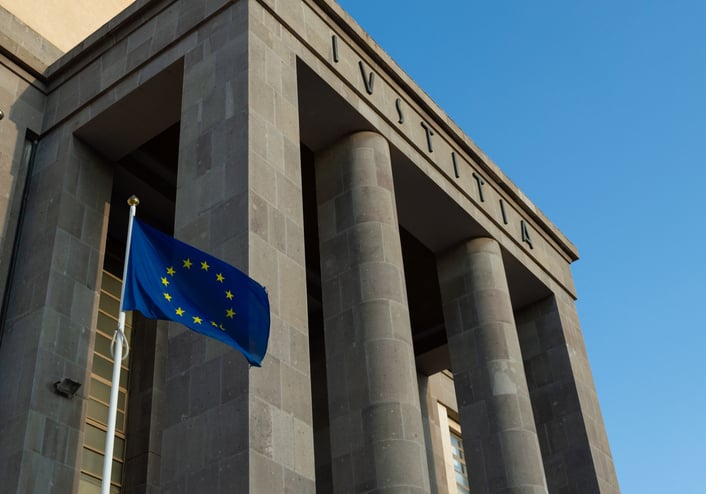It is estimated that 1 in 6 women in the UK have experienced economic abuse by a current or former partner. In the UK alone, at least 20% of reported cases of adult abuse are financial related.
The ongoing impact of financial and economic crime on financial institutions(FIs) and society as a whole, requires firms to continuously adapt their prevention and response mechanisms. Regulated firms in the UK continue to heavily invest in economic crime prevention, specifically on technology and resources to minimise the associated loss and damages.
However, a lesser known, but growing and far more devastating phenomenon is that of economic abuse. Too often occurring behind closed doors, it is estimated that 1 in 6 women (circa 5.07 million of the UK population) in the UK have experienced economic abuse by a current or former partner. In the UK alone, at least 20% of reported cases of adult abuse are financial related. Numerous lockdowns, coupled with the Cost of Living Crisis in the UK, have made matters worse for victim-survivors, highlighting a crucial role that FIs can play in both mitigating and minimising economic abuse.
Financial and economic abuse are not typically associated with the standard perception of financial crime therefore it is important for FIs to understand the issue in greater detail and take steps to address it
Comments
“Firms in the UK are in an unrivalled position to support victim-survivors of economic abuse. This paper provides many examples of best practice in the UK, setting out how financial services are currently offering support to victim-survivors. It also draws attention to the potential of the Consumer Duty to transform the industry response, with a focus on product design and service delivery through a preventative lens. Crucially, it highlights the importance of recognising economic abuse as a form of economic crime and the considerable financial damage it causes, raising the question around whether financial services in the UK are responding to economic abuse with the same level of urgency as other economic crimes such as fraud, anti-money laundering and tax evasion. Working alongside survivors, we know that responses are still inconsistent across multiple financial services. Papers like this are important to share best practice which is not only life-changing, but life-saving.” – Dr Nicola Sharp-Jeffs OBE, founder and CEO of Surviving Economic Abuse
“Domestic and economic abuse is a key business issue for us; with 30 million customers and around 65,000 colleagues, that means that at any one time a number of our customers and colleagues will be living in a domestic abusive situation. Many victims are not aware of economic abuse, which can lead to financial exclusion and limit their ability to access safety. Through the Domestic and Financial Abuse team, we play a key role in offering practical support and guidance to victims and survivors to help them regain control.” – Fiona Cannon, Group Sustainable Business Director, Lloyds Banking Group
A special thank you to UK Finance for their help in informing the paper.



 Klara Belle-Barnes
Klara Belle-Barnes
 Plenitude Insights
Plenitude Insights Advisory and Transformation
Advisory and Transformation


